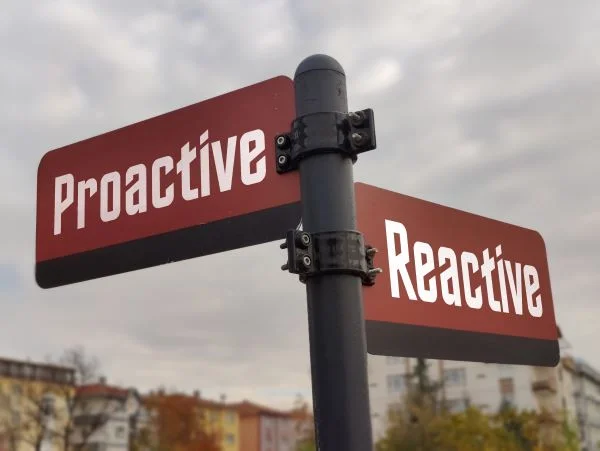I recently ran across the obituary of a man I’d never heard of, but was immediately sorry I’d never met. Or, more specifically, never had the pleasure of working with.
Jack Kinzler, who died recently at the age of 94, created NASA’s Technical Services Center in 1961 and ran it for 16 years. These were the Space Race’s heady days, of moon landings and Apollo-Soyuz, where routine interstellar travel was just around the corner; we all knew we wouldn’t have long to wait for our jetpacks and flying cars (due shortly after the United States adopts the metric system, still tentatively scheduled for some time in 1976).
Kinzler was most celebrated for his ingenious solution to a vexing problem with Skylab. As such, he is the poster child for „Adaptive Actions“ and underscores that a reliance on clear thinking need not preclude creative thinking.
During Skylab’s 1973 launch, its meteorite shield accidentally deployed, shearing off – and taking some solar power generators with it. This, in non-technical terms, was „bad“. Without the shields to protect the space station from the Sun’s heat, food would be ruined, the spacecraft’s plastic components would melt, and more; in short, it would be uninhabitable.
Its crew had not yet left Earth, but unless a solution was found, they never would, and Skylab would remain abandoned. The “obvious” response was to deploy a crew to conduct a dangerous spacewalk and affect some type of external repair, while the Apollo module and Skylab floated in a dangerously synchronous path with each other. Even though the earthbound astronauts were rehearsing their moves in underwater tanks, and engineers were experimenting with ever-more wieldy bolts and Teflon pieces, Kinzler went to work on another solution.
He had learned of a tiny airlock on Skylab, used to extend a camera into space, and hit upon the idea of building an expandable parasol – which would provide shade – out of collapsible fishing rods. He sent a colleague to a local sporting goods store to buy some fiberglass poles, modified them with a canopy and springs, and quickly had a low-tech, safe solution to a potential mission-killer.
We say sometimes we don’t „need to know cause to take effective action“, and that’s because the best solution to our „problems“ isn’t always to identify and fix the root cause, but to adapt and minimize its effect. From all reports, Kinzler didn’t know why the shields failed, he just knew he had to cool down the spaceship.
His colleagues quickly created some technically sound solutions; it appears the engineers began with alternatives in mind, and then tried to find ways to make them actionable. Kinzler, who received a Distinguished Service award for his efforts, looked at objectives first: Maximize Safety; Must be able to fit inside the Apollo module delivering them; Maximize ease of use; Minimize time to develop.
It’s difficult when making critical decisions, particularly under pressure, to not begin with solutions and fit them into our world view. We frequently hear from clients that they “don’t have time” to rely on good process; rarely is their time occupied with something as critical as salvaging a multi-billion dollar space project. Yet by taking some time to think through what’s important first, before going to the drawing board, Kinzler saved the day.
I don’t know if he ever had the chance to sit through one of Chuck’s or Ben’s many workshops in Houston in the 1960s, but Jack Kinzler’s ability to clearly think through a complex issue and find the most elegant of solutions earns a spot in the Rational Thinking Hall of Fame.



